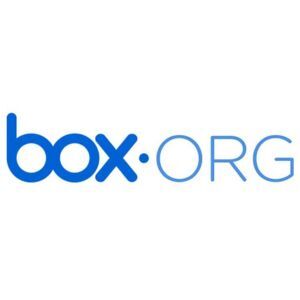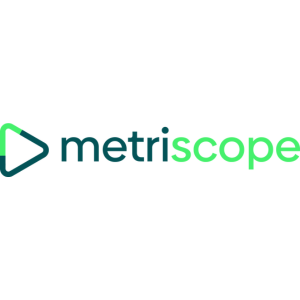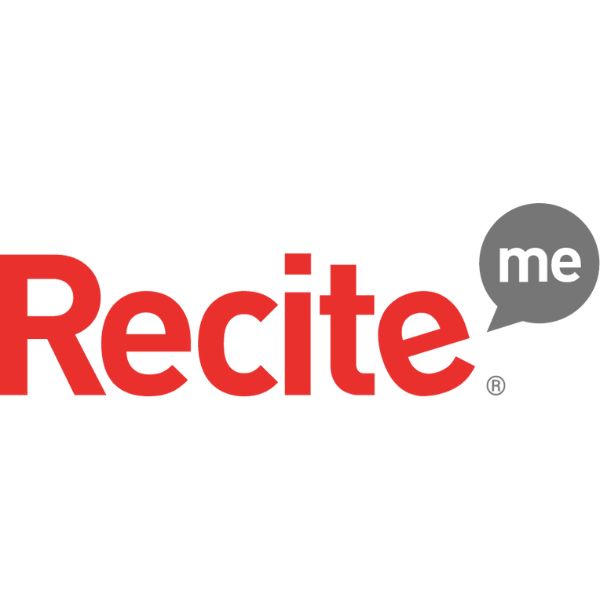Insights
INSIGHTS
All Topics
My Account
Can theory of change inform your data strategy?
06 May 2022by Former Member
We look at how charities can use the theory of change to alter their use of data
Guest writers Tracey Gyateng, Justice Lab, The Legal Education Foundation, Sam Mackay, Apteligen, and Kerry McCarthy, evaluation consultant examine how the theory of change alters the way organisations collect, maintain, and use data in the long term.
Theory of change provokes responses like marmite – it can make you jump for joy (especially if you work in evaluation), or make you sigh in despair as you think of the long hours spent on developing a theory of change which is now gathering dust somewhere on your system.
Whatever your feelings about theory of change, data practitioners need to understand the goals an organisation is working towards is critical for understanding what data you need to collect.
Here are some reflections of working with the Law Centre Network (LCN) to revise their theory of change, as part of helping them with their data journey. They are relevant to you if your charity is grappling with the question.
What data should my organisation collect?
This is a common question with which many non-profits (and for-profits) struggle. Generally, we can agree that data is useful, and organisations are likely to collect data for many reasons, including funding requirements, operational purposes, to influence policy agendas, and monitoring and evaluation. So, a useful starting point when considering what data your organisation needs is to ask: what questions are you trying to answer?
To address the above question, you need to be clear about the work your organisation is doing and the change you would like to see. General terms like ‘support’, ‘more effective’, ‘transformational’ are not very tangible and can be difficult to translate into something that can inform data collection and collation requirements.
We used the theory of change model as an aid for LCN to:
- Critically reflect and articulate what they as an organisation do, and what changes result from this work with the outputs of this work being for the organisation-staff and trustees – to act on, rather than for marketing purposes
- Make implicit meaning explicit – so that LCN can identify specific data that can inform and evidence their work
- Identify where LCN expects to see and influence change, with a focus on what they are actively working towards now, rather than aspire to in the future
Taking a step back and critically assessing the work that you are engaged with isn’t easy. However, LCN were committed to the process and welcomed questions and discussions. This level of openness and curiosity created a safe space for to explore how LCN conducts and speaks about its work.
Practically, the work entailed getting to know the LCN team and reviewing their strategic documents. We then conducted workshops with staff and trustees to draw out their knowledge and create clear and collective understanding of purpose and goals, to be used as the basis for developing a data strategy.
We then undertook a review of the data held at LCN, to help them identify what data is still needed to fill in gaps around progress towards the goals identified through the theory of change process.
We further supported LCN’s data journey with a set of principles, focussing on culture & leadership, skills, and application, with underpinning questions to guide their application in practice.
LCN describes the process as helping them “to take time to listen to one another, consider the language we use, be clearer about which activities we actually do to deliver our desired outcomes, and alignment about the steps we take (including what data we need or not) to get there”.
You can see more about the LCN’s data journey on the LCN website.
How to get started on your data journey?
Using the theory of change process as a framework for reflecting on your goals can be a helpful aid to developing your data strategy, but given the pressures of increased demand and strained resources – you may (rightly) ask how charities can take time out to do this work.
With many organisations changing service operations and delivery models to more digital ways of working, reviewing the data you hold or passively collect becomes more important in understanding how best to support the people you work with and provide evidence of the difference this work is making.
There are a number of organisations that can support you with your data needs, some of which provide free support such as Pro Bono OR, Pro Bono Economics, or DataKind UK. Some are region specific, but provide free resources to all such as DataWiseLondon.
Small charities can also access low-cost support from Coalition For Efficiency and some funders run grant plus programs that can provide data support. Data Orchard has a list of data support organisations.
You can also contact Kerry or Apteligen who both provide consultancy work, or if you work in the access to justice sector Tracey is always happy to have a conversation about data.
This article is a summary of a blog published by LCN.
More on this topic
Recommended Products
Featured Products
Our Events
Charity Digital Academy
Our courses aim, in just three hours, to enhance soft skills and hard skills, boost your knowledge of finance and artificial intelligence, and supercharge your digital capabilities. Check out some of the incredible options by clicking here.














